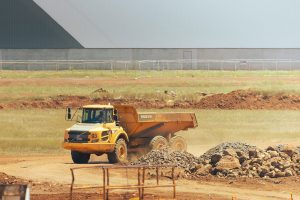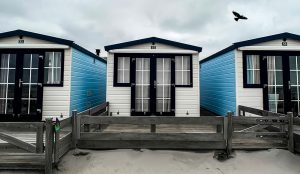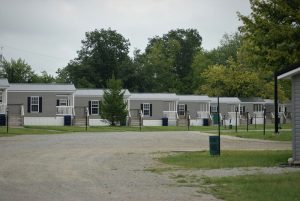In recent years, private equity firms have increasingly turned their attention to the manufactured housing sector, recognizing the lucrative opportunities that mobile home parks present. With stable cash flows, high demand for affordable housing, and lower operating costs compared to other real estate investments, mobile home parks have become an attractive asset class. In this blog post, we will explore how private equity firms are investing in mobile home parks and the implications for the industry.
Why Private Equity Firms are Interested in Mobile Home Parks
- Stable and Predictable Cash Flows
Mobile home parks typically offer stable and predictable cash flows due to long-term leases and consistent demand for affordable housing. Tenants often own their homes but lease the land, leading to lower turnover rates and more reliable income streams for park owners.
- High Demand for Affordable Housing
The demand for affordable housing in the United States has been on the rise, driven by factors such as rising home prices, economic uncertainty, and an aging population. Mobile home parks provide a cost-effective housing solution for many Americans, ensuring a steady demand for spaces within these communities.
- Lower Operating Costs
Compared to other real estate investments, mobile home parks have relatively lower operating costs. Since tenants typically own their homes, park owners are not responsible for maintenance and repairs of the individual units, reducing overall expenses and increasing profit margins.
- Opportunities for Value-Add Investments
Private equity firms often seek value-add opportunities where they can improve a property to increase its value. Mobile home parks offer several avenues for value-add investments, such as upgrading utilities, adding amenities, or improving management practices. These enhancements can significantly boost the park’s profitability and market value.
How Private Equity Firms Invest in Mobile Home Parks
- Direct Acquisition
One of the primary methods private equity firms use to invest in mobile home parks is through direct acquisition. By purchasing existing parks, private equity firms can leverage their capital and expertise to enhance the property’s value and generate attractive returns.
- Partnerships and Joint Ventures
Private equity firms often form partnerships or joint ventures with experienced operators in the manufactured housing sector. These collaborations allow private equity firms to benefit from the operational expertise of established park owners while providing the necessary capital for expansion and improvements.
- Portfolio Acquisitions
Instead of acquiring individual parks, some private equity firms opt to purchase portfolios of mobile home parks. This strategy allows them to achieve economies of scale, diversify their investments, and reduce risk. Portfolio acquisitions also provide opportunities for regional or national branding and streamlined management.
- Development of New Parks
Although less common, some private equity firms invest in the development of new mobile home parks. This approach requires significant capital and expertise but can yield substantial returns if executed successfully. Developing new parks allows firms to design modern, attractive communities that cater to current market demands.
Impact of Private Equity Investment on the Manufactured Housing Sector
- Increased Professionalism and Efficiency
Private equity firms bring a high level of professionalism and efficiency to the management of mobile home parks. Their experience in optimizing operations, implementing best practices, and leveraging technology can improve the overall performance and profitability of parks.
- Capital for Improvements and Expansion
The influx of capital from private equity firms enables significant improvements and expansions in mobile home parks. Upgraded infrastructure, enhanced amenities, and better management practices can lead to higher occupancy rates, increased rental income, and greater tenant satisfaction.
- Rising Property Values
As private equity firms invest in and improve mobile home parks, property values tend to rise. While this can benefit current owners and investors, it may also lead to higher rents for tenants. Balancing the need for improvements with affordability is crucial to maintaining the appeal of mobile home parks as an affordable housing option.
- Consolidation in the Industry
Private equity investment often leads to consolidation in the manufactured housing sector, with fewer but larger players dominating the market. While this can result in more efficient operations, it may also reduce competition and limit options for tenants and smaller operators.
Conclusion
Private equity firms have recognized the potential of mobile home parks as a profitable and stable investment. Their involvement in the manufactured housing sector brings increased capital, professionalism, and opportunities for growth. However, it also presents challenges, such as balancing improvements with affordability and managing industry consolidation. As private equity continues to play a significant role in mobile home park financing, stakeholders must navigate these dynamics to ensure the continued success and sustainability of this vital housing sector.





